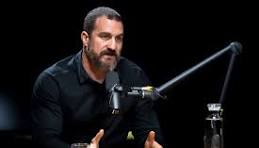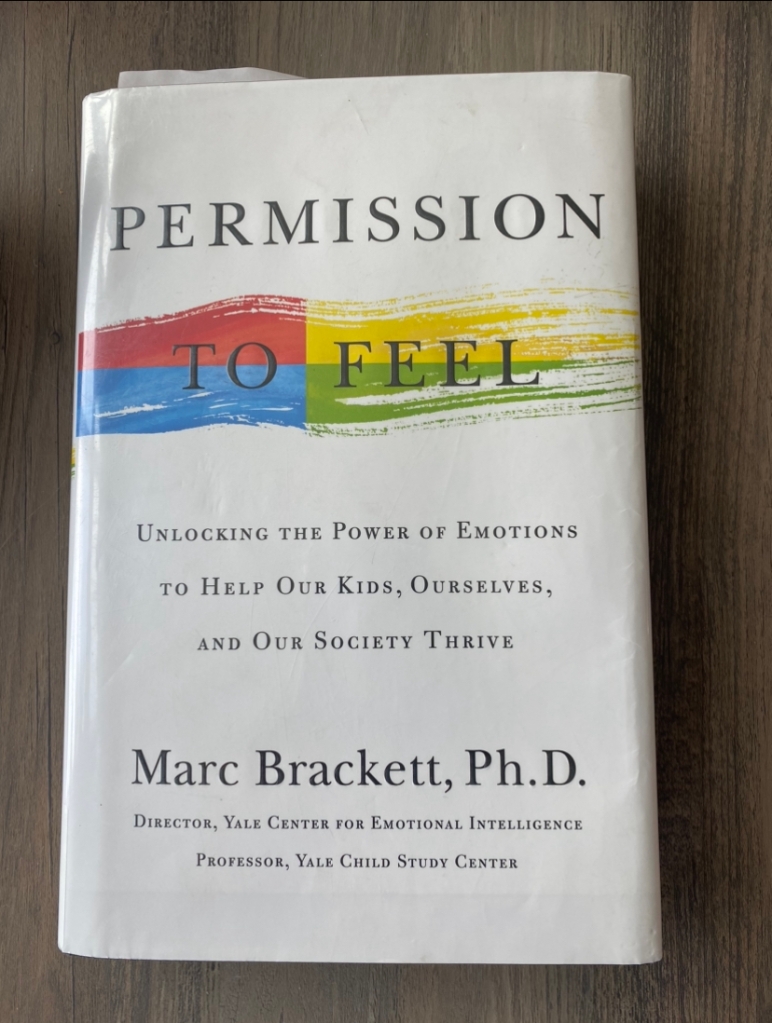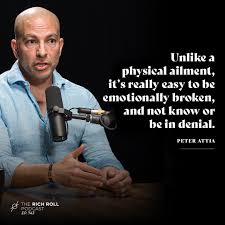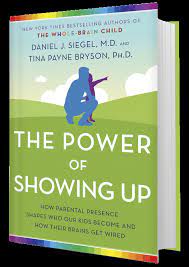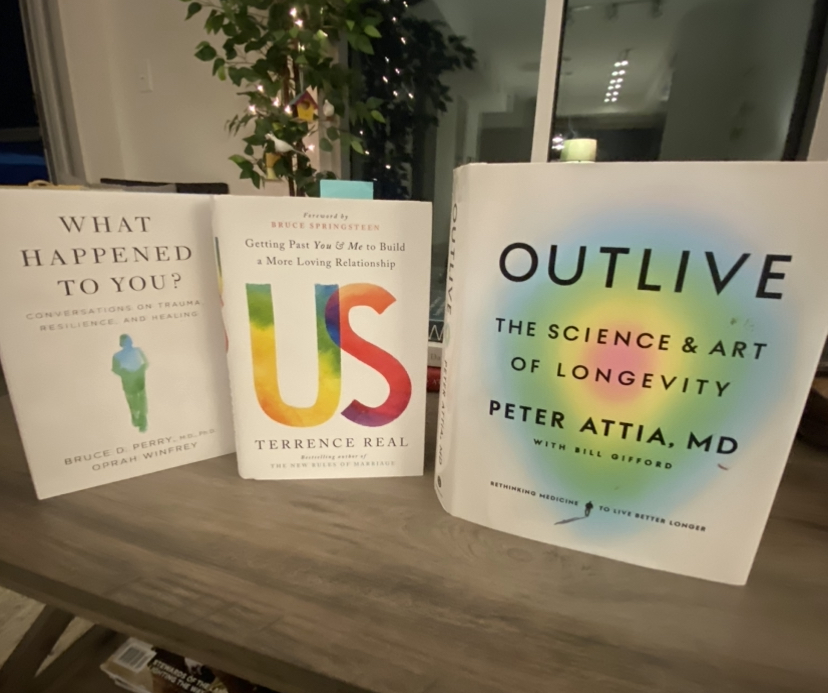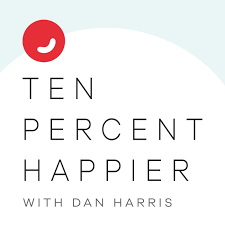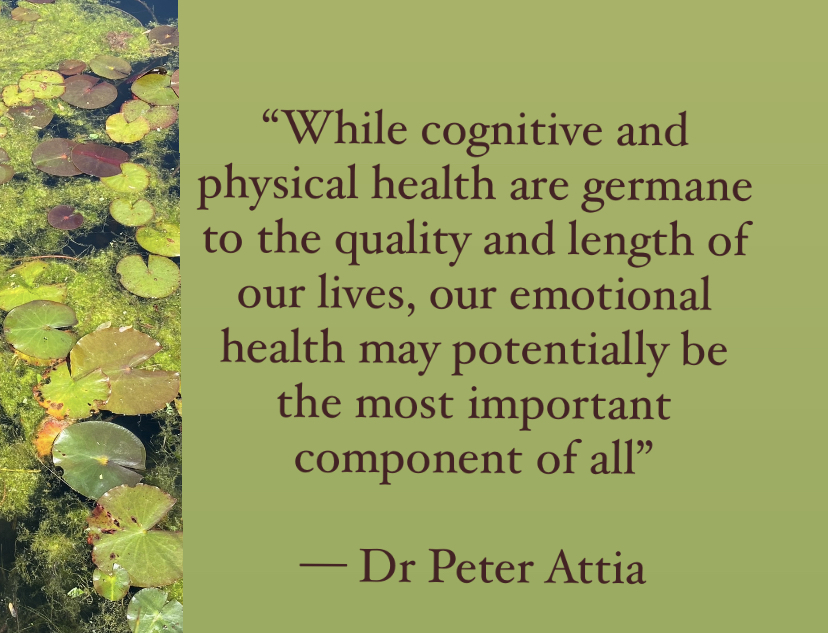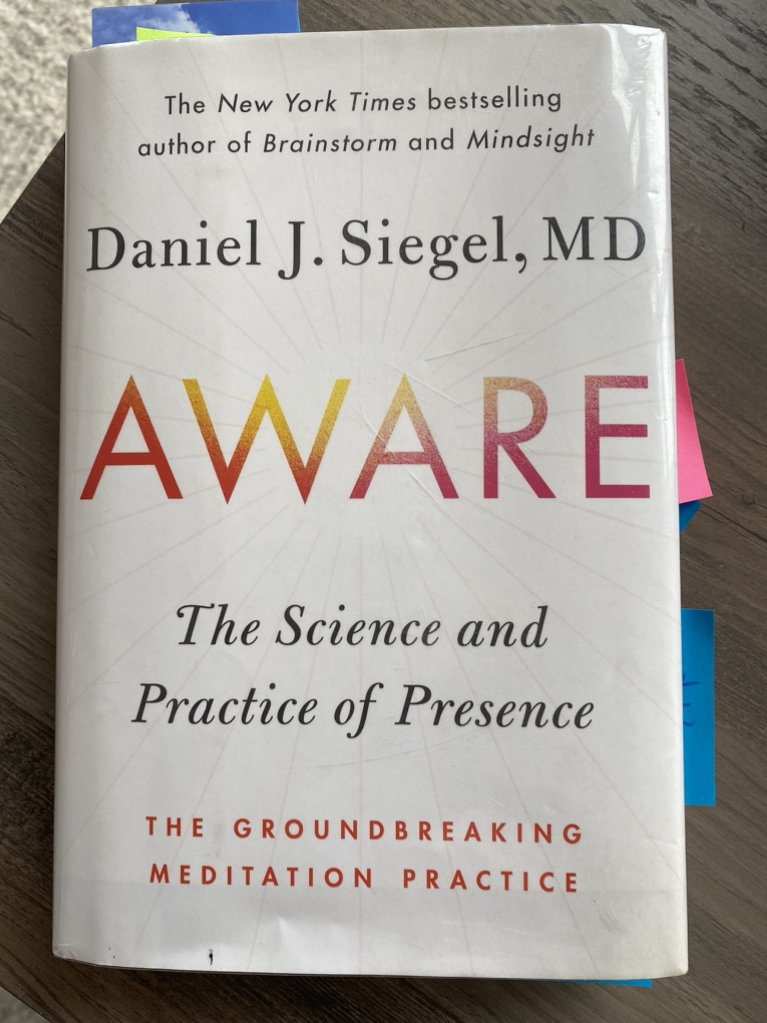Surely you recall that childhood pleasure of a rainy day when mom or dad would drape blankets over couches and chairs, then stand back prepared to be amazed at what their creative little geniuses would do next. An ordinary living room suddenly transformed into a sensory wonderland that started with a simple blanket fort.
I came upon this sight a few days ago and marveled at the ingenuity of the little architects who began with a pint-sized castle that just kept morphing into something even grander with each “lightbulb” moment and the addition of another toy bin.
As the plans grew in size and complexity, there was a lot of trial and error. Shrieks of joyful delight filled the room as the framework collapsed and a new idea took shape from the rubble.
What a lesson to be learned from two small children actively engaged in an organic, evolving, complex and creative process. They were little architects of their playful experience.
Are you aware that we adults can become skillful architects of our own experiences?
It’s true — and the beauty of it is, we can tap into the creativity and positive outcomes that comes so easily to kids, by using our brains and bodies in a powerful new way.
Just imagine being able to construct experiences and supporting emotions that more consistently align with your goals and big aspirations. Fewer self-made obstacles, more smooth sailing.
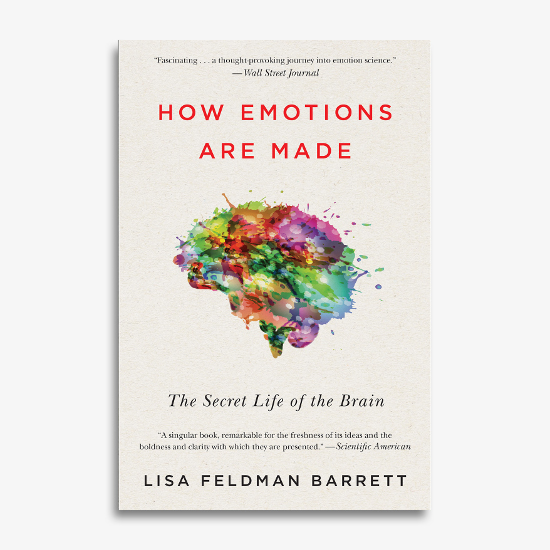
Dr. Lisa Feldman Barrett is breaking new ground in the science of emotion – overturning long-standing beliefs that our emotions are universal, automatic and hard-wired in different regions of the brain. Instead, we actually “construct” an instance of emotion through a remarkable interplay of our brain, body and our culture.
Anyone who has ever experienced a strong emotional trigger from an event that happened decades ago, has some appreciation for how quickly this remarkable interplay coalesces. It’s no wonder we believe it’s automatic and has become hard-wired into our systems.
And yet, we also know that it is possible to “re-wire” our brains and release old emotional triggers – freeing us from being snagged by that old experience over and over again. The neuroplasticity of our brains enables us to re-organize our old connections in new and improved ways.
This rewiring process is analogous to children reorganizing their fort framework to become something more useful for an even more incredible structural masterpiece.
It turns out that becoming “architects of our emotions and experiences” it is not as big a stretch that we once believed. How remarkable is that?
Dr. Lisa Feldman Barrett is gifted at making this new concept readily accessible to all of us. There are three key components that we need to know more about when it comes to curating our architectural tool bag: body budget, emotional granularity and cultivating more current, diverse experiences.
Today’s post is the first in a three part series about becoming skillful architects of our experiences. Prepare to be amazed at the role our body budget plays in our emotional reactions to life.
Body Budget
A major part of becoming skilled architects of our experiences involves mastering our emotions. We erroneously believe that our emotions that are the first system to get activated — and we have to “manage” those strong emotions in order to respond effectively to our circumstances. But this is not the case.
What actually happens first is that our brains are estimating what’s in our tank and predicting how much of our inner resources are going to be required to meet the present moment. It would be analogous to us hopping in our car for a big road trip and looking at the gas gauge to determine how far we can get before refueling.
Our brains are only 2% of our body weight, but they use 20% of the oxygen we consume and 20% of the energy we consume. What our brains and bodies need in order to have a balanced body budget are consistent quality sleep, hydration, good nutrition and movement, i.e. regular exercise.
We are learning so much more than we ever knew about the importance of consistent quality sleep for our optimum brain health. Even while we are sleeping, our brain is storing and categorizing information, cleaning and purging, updating and rejuvenating. We are even cognizant of the disruption that caffeine and alcohol has on our sleep cycles and the integral neural processes that occur only during sleep.
The benefits of good nutrition, hydration and regular exercise are irrefutable. But while we know these components are needed, we often forget that we are also draining our resources throughout the day and should pay attention to when we need a break, should take a walk, or grab a healthy snack. How often are we literally running on fumes?
Let’s just pause here for a minute and think about the amount of time we devote to charging our phones, making sure we have 5g network and cooling it off if we get a heat warning. What if we were to become as knowledgeable about our brains which are operating 24/7 for us – and often without any awareness of the drain on our inner resources?
All this time that we believed we were at the mercy of our emotions, we may simply be attempting to function optimally on an empty fuel tank. Very often what we are “feeling” is not an emotion, but rather an indicator that our body budget is out of balance.
Since our brains are lightening fast at the estimation and prediction process, they get our body ready for a response that might include an increased heart rate, shallow breathing, or release of chemicals and hormones such as adrenaline or cortisol. We “feel” these sensations and “assign” an emotion to it. We might tell ourselves we feel scared, angry, anxious, uncertain, elated or surprised.
We’ve been doing this for most of our lives without a second thought, so it has become second nature to associate an emotion with whatever we are sensing in our bodies. Once we assign an emotion, we are off to the races – and often unconsciously,
Since our brains are prediction machines, it will quickly run through our historical database to find past events that simulate what we are feeling in the present moment. This complex retrieval system is on auto pilot most of the time; we are unconsciously running an algorithm that reviews our personal history looking for matches.
After the match is made, our amazing brain has one more remarkable feature — it runs a prediction error model. This is the brain’s way of giving us the opportunity to discard old data and replace it with newer, more appropriate data that suits the current situation.
For the record, we often bypass or override this integral prediction error process. If it “feels” like a past experience, we pull the “all systems go” switch. This is how we’ve forged our “go to” behavioral patterns and protective armor. Without a moment’s hesitation, we assign an emotion, recall a past similar experience and jump into a memorized and familiar reactive pattern.
When we are pivoting to becoming architects of our experiences, we can start to pay more attention to both predictions and prediction errors. We can take the time to see if we are simply relying on an old database that no longer serves us well. This is how we “re-wire” those old outgrown behavioral patterns and replace them with new responses better suited to our lives today.
If the first brain system to get activated is simply an assessment of internal resources that are needed for the present situation, then we can start paying attention to body budget first and emotional responses second. This is a game-changing pivot in both mindfulness and self awareness. Think of this as a little “self check-in”. Are you resourced internally? Have you assigned an emotion and if so, does it feel appropriate to the current situation?
If we can make the distinction that our body budget is actually causing us to be under-resourced and not some big emotional reactions, we can begin to dis-engage from strong emotional triggers and respond with more cognitive skills.
We think that emotional regulation is really hard and that changing our old behavioral patterns is even harder, but Dr. Barrett’s research is showing us that we just might have been making things much more challenging for ourselves all along by not understanding the role body budget plays.
It is the very reason that we have “variation” in our moods, emotional states and our ability to think clearly. Dr. Barrett offers us a welcome sigh of relief — it turns out that “variation” is the norm.
There are times when we do feel in control, cognitively and emotionally. We meet even the most stressful moments calmly, with a good sense of humor, a healthy acceptance of reality. We can even help others calm down and self-regulate when we feel this way.
Then there are times when we are short-tempered, can overreact to the smallest of events, or work ourselves into a state of frenzy. We set off a chain reaction of emotional reactions in others and things can escalate quickly.
Variation is the norm. And now we know what might be the real cause — a body budget deficit.
We get notifications throughout our busy day from our brains and bodies about what is needed to keep us running optimally. We even have terms we’ve created to diagnose our body budget deficits – such as hangry, brain fog, getting on our last nerve and no bandwidth. But unlike the ding of a notification from our phone, we often ignore the alerts we are getting from our brain about our own energy drain.
We frequently overlook the small investments we can be making all throughout the day to keep our body budget in balance. We may start with a full tank in the morning after a good night’s rest, a tall glass of water and a healthy breakfast; but we are going to begin to drain our body budget resources as the day goes on. Exercising, staying hydrated, making healthy choices for snacks and meals, taking breaks, getting outdoors, and unplugging from our devices are just a few of the multitude of ways we can restock our inner resources.
The biggest paradigm shift in understanding how we “make our emotions” is coming from a deep understanding of the role our body budget plays in our daily lives.
Dr. Lisa Feldman Barrett is a pioneer in her fields of neuroscience and psychology – and she is helping us to get very savvy about our incredible, complex brain and body systems. If we take better care of ourselves, and pay attention to our body budget, this whole business of emotional regulation might just get a whole lot easier.
RECOMMENDED RESOURCES:

https://www.youtube.com/watch?v=0gks6ceq4eQ&t=140s

